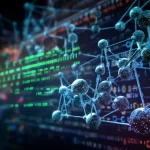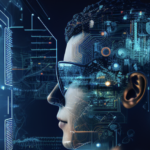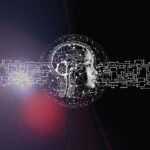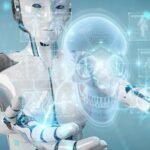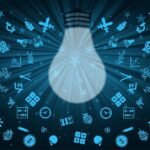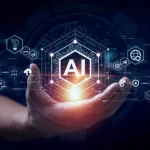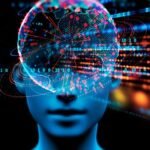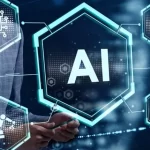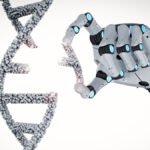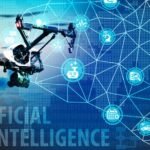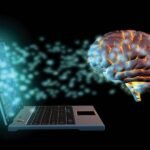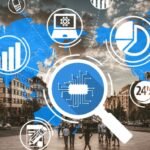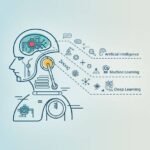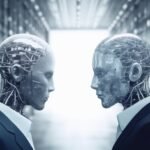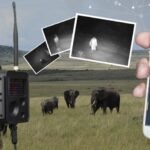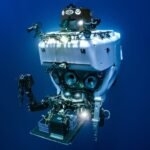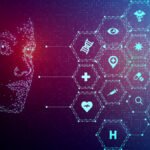AI in Healthcare
In recent years, the integration of Artificial Intelligence (AI) into the healthcare industry has unleashed a wave of transformative advancements. From diagnosing diseases to personalizing treatment plans, AI is revolutionizing patient care, enhancing medical research, and improving healthcare outcomes. In this blog post, we explore the profound impact of AI in healthcare and how it is reshaping the landscape of medicine, empowering healthcare professionals, and ultimately benefiting patients worldwide.
Enhanced Diagnosis and Early Detection:
AI algorithms have demonstrated remarkable capabilities in analyzing vast amounts of medical data, including patient records, images, and genetic information. By learning from patterns and correlations, AI can assist healthcare professionals in diagnosing diseases more accurately and at an earlier stage. For instance, AI-based systems can analyze medical images like X-rays and MRIs, aiding radiologists in identifying anomalies and potential abnormalities. This early detection enables proactive interventions, leading to better patient outcomes and potentially saving lives.
Personalized Treatment and Precision Medicine:
The era of one-size-fits-all healthcare is gradually being replaced by personalized treatment plans enabled by AI. AI algorithms can analyze large datasets, including genomic information, patient characteristics, and treatment outcomes, to identify patterns and recommend tailored therapies. This approach, known as precision medicine, ensures that patients receive treatments based on their specific genetic makeup and individual needs. By optimizing treatment efficacy and minimizing adverse effects, precision medicine promises to revolutionize how we approach disease management.
Streamlined Healthcare Operations:
AI has the potential to streamline administrative tasks, reduce paperwork, and enhance operational efficiency within healthcare systems. Natural Language Processing (NLP) algorithms, for instance, can extract relevant information from medical records and automate data entry, freeing up valuable time for healthcare professionals. Additionally, AI-powered chatbots and virtual assistants can provide basic medical information, answer patient queries, and even triage cases, thereby optimizing the workflow and improving patient experiences.
Drug Discovery and Medical Research:
Developing new drugs and treatments is a complex and time-consuming process. AI algorithms, however, are accelerating the pace of drug discovery by analyzing vast amounts of biomedical data and identifying potential targets and drug candidates. Machine learning models can predict the efficacy and safety of drug compounds, enabling researchers to prioritize promising candidates for further investigation. AI also facilitates the discovery of new biomarkers, aids in clinical trial recruitment, and assists in the analysis of research data, leading to faster breakthroughs and improved patient outcomes.
Monitoring and Predictive Analytics:
AI-powered monitoring systems and wearable devices are transforming how we track and manage health conditions. These devices can continuously collect data, such as heart rate, blood pressure, and glucose levels, and provide real-time insights into patients’ well-being. AI algorithms can analyze this data to identify patterns and alert healthcare professionals to potential health risks or deterioration. Moreover, predictive analytics models can help forecast disease outbreaks, identify at-risk populations, and allocate healthcare resources efficiently, ultimately improving public health and disease prevention strategies.
Ethical Considerations and Privacy:
While AI holds immense potential in healthcare, ethical considerations must be carefully addressed. Ensuring data privacy, security, and informed consent is paramount when leveraging AI for patient care. Striking a balance between innovation and ethical responsibility is crucial to maintain patient trust and protect sensitive medical information. Additionally, addressing biases within AI algorithms and ensuring transparency in decision-making processes are essential for the responsible implementation of AI in healthcare.





